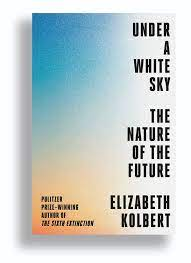Topic Four
Money and freedom
Describing how the invention of farming first leads to private property, and property to the need for civil government to protect it, this is how Rousseau puts things: ‘All ran towards their chains, believing that they were securing their liberty; for although they had reason enough to discern the advantages of a civil order, they did not have experience enough to foresee the dangers.’
Graeber, David. The Dawn of Everything (p. 12). Farrar, Straus and Giroux. Kindle Edition.
The point that the management of property, money, can be the root of evil is made not only by Rousseau, but Jesus, Buddha, and many other sages over the millenia. What are the social mores and attitudes about the possession of wealth? Are resources to be hoarded for one’s own personal benefit or are they to be shared for the good of the group, the society, all of humanity?
In capitalist societies, for the most part, resources are to be accumulated and hoarded. With the accumulation of resources comes social power such that the “haves” can dictate the behavior of the “have nots.” Money is social and political power so that the “haves” can rig the economic system of the society to maintain control of the resources and maintain their power. What happens to the valuing of virtues such as wisdom, honesty, compassion, generosity, courage, kindness? These virtues do not require the accumulation of wealth nor in a capitalistic society are they valued as much as the resources and power.
While resources have benefits in and of themselves, it is the social power that having the resources creates that leads to a social hierarchy that is the genesis of social good and evil. The social power of the few who possess the resources, the “haves”, contributes to a loss of freedom of the “have nots.” What is at stake in capitalistic societies is power and freedom.
